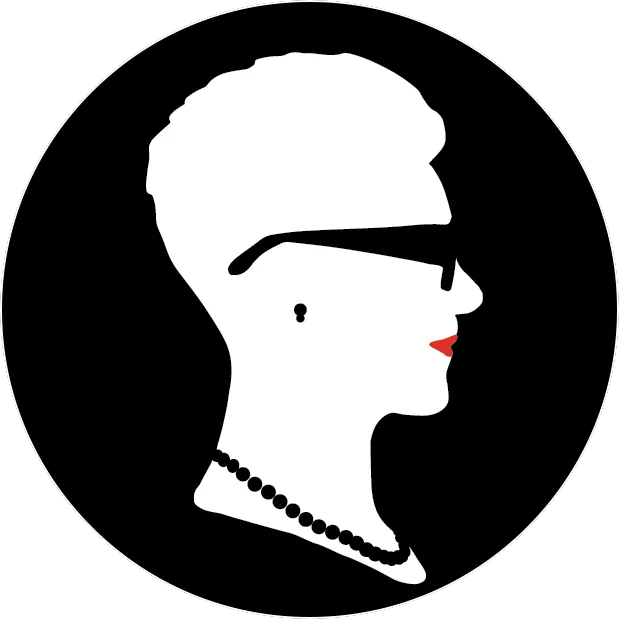
Special Guest Expert - Alison Katschkowsky

Alison Katschkowsky
Alison is a veteran swimmer and lifelong fitness enthusiast--so it's no accident she ended up in the health and fitness industry as an entrepreneur. As a graduate student-- Alison honed her skills as a fitness expert and coach, and it has carried her throughout her 30+ year career. Alison’s company --CU Fitness--a health and fitness ‘hybrid’ business-- focuses on her unique approach to fitness, mindset and self care. She's worked with thousands both privately and in group settings to help coach and inspire them to achieve a higher level of health, fitness and longevity--but in the last several years she has found herself offering her innovative business expertise to other entrepreneurs in helping them develop the HYBRID business model. She believes in using BOTH in person and online to create the business model of the future.
Retreat experiences are one of the biggest offerings in her company—and she takes clients all over the world to experience transformation through self-care and her love of travel. She’s taken her system that she uses and now offers consulting for other business owners who want to learn how to effectively design and monetize their own retreats and events in their businesses.
Alison also has been a member of the Exercise and Sports Science faculty at Meredith College in Raleigh, NC for close to 25 years.
Tune in for both her podcasts-- ‘The Ultimate Journey of Self Care’ and 'Creating the Worlds' Best Client Experiences'--heard across all major podcast platforms.
Connect with Alison:
Please Share This With Your Followers
